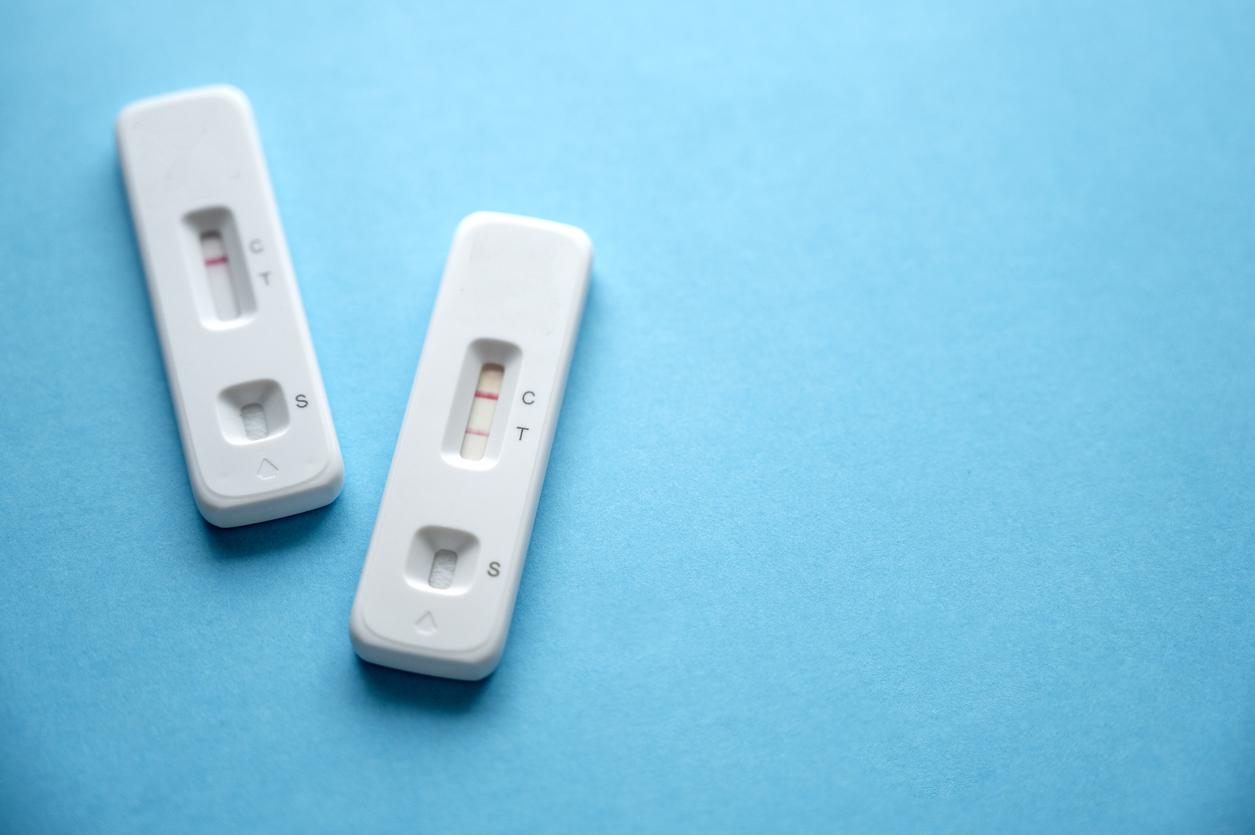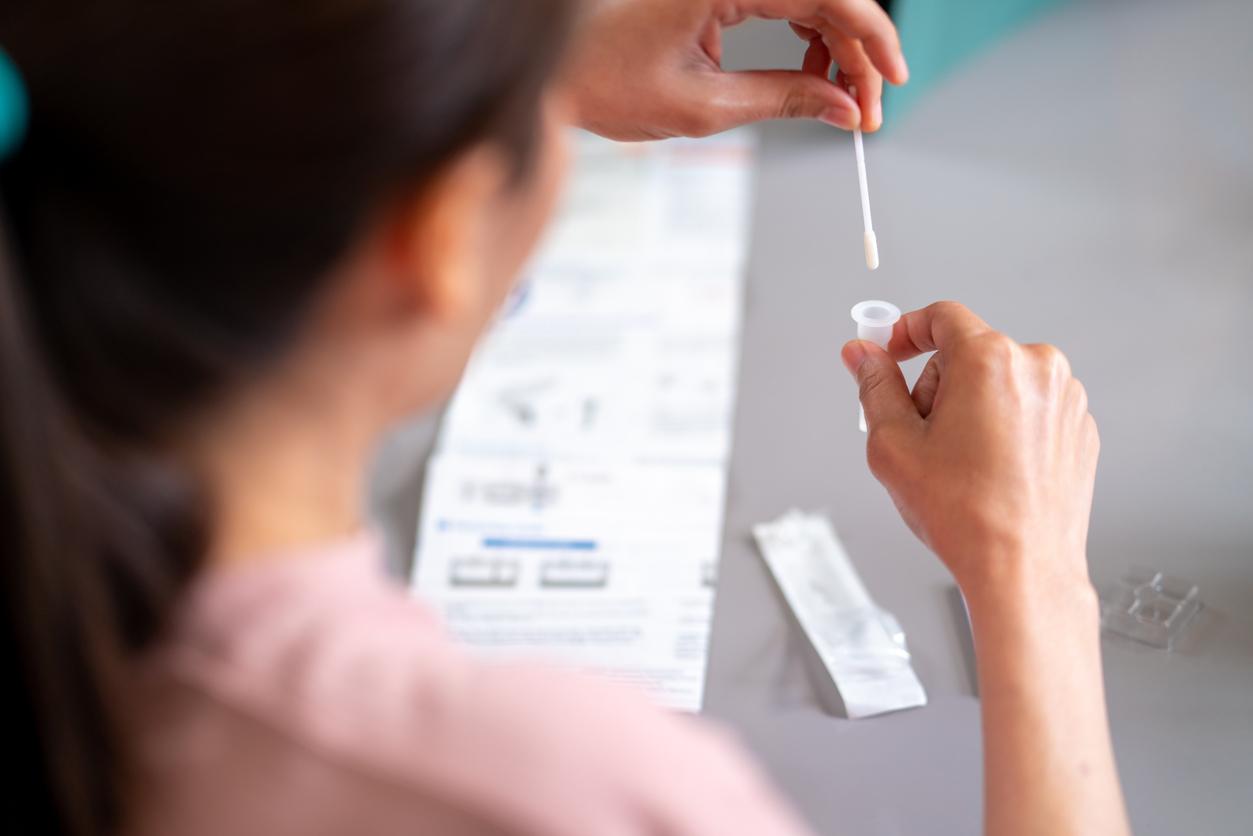Pill pushers, that’s what pharmacists are also called. But if you approach it smartly, you will also get good advice and advice. And you should know; this is even possible in a separate consulting room.
My medicines have side effects, is there anything that can be done?
Yes, there is certainly something to be done about it, so don’t keep walking with it. Your pharmacist can check whether you can go with a lower dose in order to reduce the side effects. Sometimes another medicine with the same effect is the solution or you can take another medicine to counteract the side effect. For example, antacids help to fight stomach acid, a common side effect of anti-inflammatory painkillers. If you are allergic to the active ingredient or another ingredient of the medicine you are taking, you may be able to switch to a comparable medicine that you tolerate better. The solution can also sometimes lie in a different form of administration: for example, a suppository instead of a tablet can offer a solution for stomach problems. The time of taking can also help: some medicines cause fewer complaints if you take them while eating. Of course, such an adjustment is always discussed with your doctor first.
The pharmacist can also advise you on phasing out addictive medicines, such as sleeping pills and tranquilizers.I use different medicines, is that not a problem?
The use of different drugs is sometimes necessary, but they can also affect each other. If you want to know what this means for you, request a (free!) medication consultation. The pharmacist will then check which medicines you use, whether they do not cause any problems in combination and whether the dosage is (still) correct.
A group that pharmacists pay special attention to are polypharmacy patients, who use five or more medicines in parallel. This concerns almost a fifth of people who need long-term medication. Half of this group is older than 70 years.
Attention to polypharmacy increased after a 2006 report found that about 41,000 people end up in hospital every year because they did not take medicines as prescribed, took too high a dose, or took the wrong combination of medicines. The report also found that nearly half of these admissions could have been prevented. The main risks are: osteoporosis with long-term use of corticosteroids (anti-inflammatories), constipation due to opium-containing painkillers (morphine, fentanyl and methadone) that are taken for a long time and stomach damage in patients over sixty years of age when taking so-called NSAIDs, anti-inflammatory painkillers.
The professional organizations of pharmacies (KNMP), general practitioners (NHG) and the Institute for Responsible Medicine Use (IVM) have now agreed that from now on pharmacist, GP and patient will jointly discuss the medication use of polypharmacy patients. After a trial, 85 percent of the patients were satisfied or very satisfied with this. So ask your pharmacist whether such a joint meeting is also possible in your area.
Can my medicines be taken with me on a trip?
If you are going on a trip and are taking medicines, ask the pharmacy for a medicine passport. If you need a doctor or pharmacist abroad, he or she can see at a glance which medicines you are taking and in what dose.
If you use medicines that fall under the Opium Act, such as strong painkillers, medicinal cannabis or methylphenidate (the active ingredient in Ritalin, for example), you will need a declaration from the pharmacy (or doctor) with information about your condition and medication use. Such a statement is also required if you are taking syringes and needles with you, or if you want to take more than 100 ml of liquid medicines with you in your hand luggage. The rules differ for countries within the Schengen area and non-Schengen countries.
The pharmacy also provides advice on transporting and storing medication during your trip. Keep in mind that it can freeze in an aircraft hold, so always take your medicines with you in hand luggage. The temperature in the car, caravan or tent can rise considerably: disastrous for medicines that can become soft or that spoil when heated, such as insulin and suppositories. The solution: a cooling pouch (available at the pharmacy) or a cool box.
When using some medicines you have to be extra careful in the sun, because you can burn faster. This applies to some antibiotics – such as doxycycline – and certain medicines for skin disorders, rheumatism and heart problems. Then provide extra protection. The pharmacist can also check whether there is a comparable medicine with less risk of this side effect.
How bad is it that I sometimes forget my medicines?
The pharmacy can help you take your medication as faithfully as possible. This is important, because only when used according to the prescription, medicines work as they should!
Well-known example: a course of antibiotics. It must always be finished to prevent the bacteria that caused the infection from making you sick again.
Keeping taking medicines is sometimes difficult if you feel that they do not do much. But: appearances are deceiving. For example, antidepressants take two to four weeks to improve mood. Then there are also medicines for conditions that do not immediately cause symptoms, such as pills against elevated cholesterol or elevated blood pressure. Nevertheless, the medication is important, because in the long term the drugs prevent bigger health problems such as cardiovascular disease.
Figures from the professional organization for pharmacists, KNMP, show that at least half of patients with a chronic disease stop treatment prematurely. If you are unable to take your medicines as prescribed, the pharmacist can work with you to find out the reason for this and find a solution. Perhaps you have doubts about the necessity, you experience unpleasant side effects, you have no confidence in the medication, you simply forget it or it proves difficult to fit it into your daily routine.
In the latter case, the pharmacist can check whether a dosing schedule is possible that suits you better. If you find it annoying to take a pill several times a day, it is sometimes possible to use a tablet that works all day: the active substances are then released slowly. If you have difficulty swallowing a large capsule, the pharmacy can supply smaller units. Perhaps you find it difficult to use an inhaler or eye drops? Your pharmacist can instruct you!
If you are taking several medicines and have lost an overview, there are medicine boxes that allow you to see the whole week at a glance. The pharmacy can also fill a pill cassette for you per week. There are even medicine boxes with an alarm that goes off when it’s time to take the medicine.
I have been given new medicines in the hospital, is that correct?
Things can go wrong when a patient is discharged from the hospital. For example, a prescription may be unclear or incomplete, the information may sometimes be inadequate or the transfer to the general practitioner or pharmacy may be incomplete. Communication between hospital, pharmacy, general practitioners and community pharmacies will be easier with the introduction of a national electronic patient file. In addition, a guideline was drawn up in 2009: ‘Transfer of medication data in the chain’. It will be in effect everywhere by the end of 2010. It states, among other things, that when a patient is transferred to another institution or healthcare provider, the medication data must be available there within 24 hours. The home pharmacy then checks whether adjustments are necessary. You can always ask questions about medicines prescribed in the hospital in your own pharmacy.
Do over-the-counter medicines affect how my medicine works?
The pharmacist can see at a glance which medicines you are taking – that is, if he has supplied them to you himself. He will only be aware of the medicines, medicines and nutritional supplements that you buy yourself or get elsewhere if you tell them. So pass it on, because then the pharmacist can also point out possible unpleasant combinations of medicines and other resources.
Example: The over-the-counter anti-inflammatory painkiller ibuprofen enhances the effect of blood-thinning drugs. Some vitamin preparations can negatively affect the effect of certain anticancer drugs. And St. John’s wort has an antidepressant effect, but also reduces the effect of, for example, immunosuppressants, some anticoagulants, drugs against psychosis, cholesterol-lowering drugs and the contraceptive pill.
Precarious problem
You would rather not be advised in a full pharmacy about hemorrhoids, the side effects of Viagra or the pros and cons of different types of incontinence material. Good to know: all pharmacies have a consultation room where you can discuss these topics in complete privacy. Feel free to ask!
wealth of information
On the website pharmacy of all Dutch pharmacists, a wealth of information can be found, including about medicines. If you don’t find the answer to your question here, ask the web pharmacist online. You will receive an answer by e-mail within a few days.
Sources):
- Plus Magazine
















